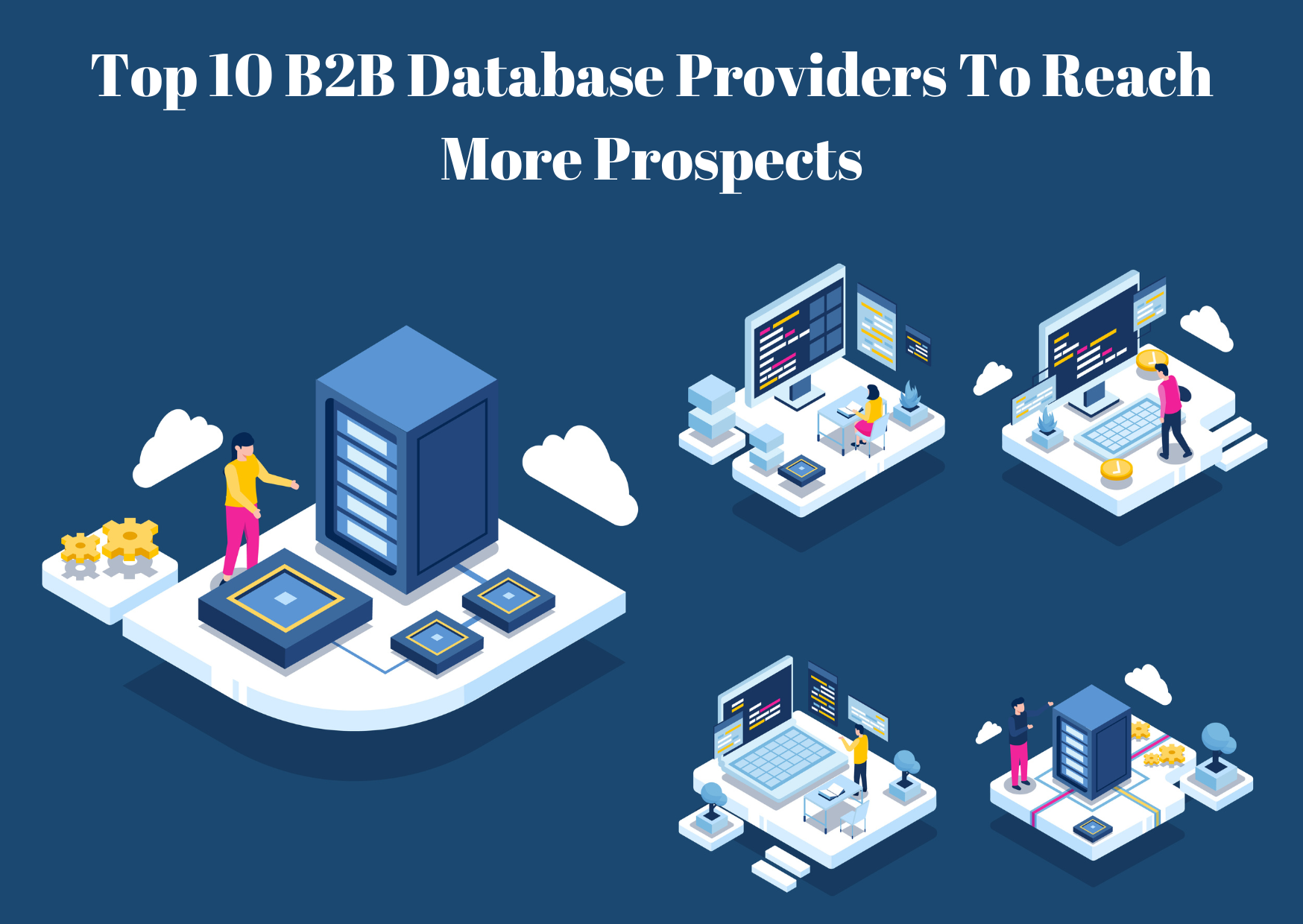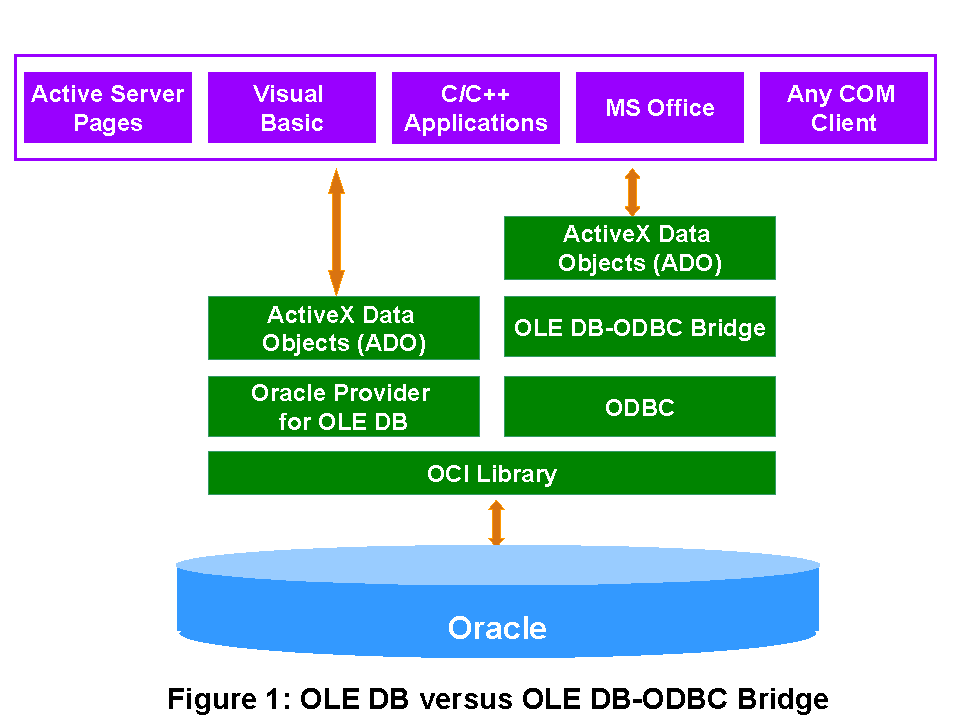Leading Database Providers for High-Performance Applications
Leading Database Providers for High-Performance Applications
Blog Article
Key Attributes to Search For When Picking a Database Service Provider
Picking a database copyright is a vital choice that can substantially influence your organization's procedures and data management strategy. Among the vital features to take into consideration are scalability choices, which make sure that your system can adapt to growing needs. Protection steps, efficiency metrics, and client assistance also play critical functions in this evaluation process. As you evaluate these variables, it becomes apparent that the selection is not just about performance however additionally concerning straightening with your long-term vision. What other considerations might affect this vital choice?
Scalability Options
When choosing a database company, comprehending scalability choices is important to guaranteeing that the selected service can accommodate future development. Scalability describes the capability of a data source system to broaden its capability and performance in response to boosted need. There are two key types of scalability: upright and straight.
Upright scalability, or "scaling up," entails boosting a solitary server's resources, such as CPU, RAM, or storage. This technique can be affordable and straightforward for smaller sized applications however may get to a limitation where even more upgrades are too pricey or unwise.
Horizontal scalability, or "scaling out," involves including a lot more servers to disperse the load. This strategy permits greater adaptability and can fit considerable rises in data quantity and individual website traffic (database provider). It is especially useful for cloud-based data source options that can dynamically allocate sources based on need

Safety Steps

When evaluating security actions, take into consideration the execution of file encryption procedures (database provider). Data-at-rest and data-in-transit file encryption are vital to make sure that delicate information remains protected, also in the occasion of a safety breach. Additionally, look for suppliers that use strong authentication mechanisms, such as multi-factor verification (MFA), to even more enhance accessibility control
Routine safety and security audits and compliance with sector criteria, such as GDPR or HIPAA, are a sign of a company's dedication to information protection. In addition, ask about their occurrence reaction strategy; a robust strategy can lessen the impact of any kind of prospective security case.
Performance Metrics
Evaluating efficiency metrics is important for companies to guarantee that their chosen database service provider meets operational demands. Trick performance metrics consist of feedback scalability, throughput, and time, which jointly figure out the effectiveness of database operations under differing loads.
Action time is essential, as it mirrors how rapidly the data source can refine queries and return outcomes. Organizations needs to look for metrics that suggest ordinary response times during top and off-peak hours. Throughput, usually measured in deals per 2nd (TPS), provides insight into the data source's capacity to take care of high volumes of requests without performance deterioration.
Scalability examines the data source's ability to expand with the organization's needs. A robust database copyright should demonstrate horizontal and vertical scaling capabilities, enabling seamless changes as demands change. Additionally, comprehending latency, especially in distributed systems, can assist organizations assess the responsiveness of the database across different geographical places.
Customer Support
Trusted client support is a keystone of effective data source management, giving companies with the help needed to enhance and fix issues efficiency. When choosing a database copyright, assessing the level of customer assistance they provide is important. A durable assistance system ought to consist of several channels of interaction, such as phone, email, and live conversation, making sure that customers can access assistance whenever they require it.
Furthermore, responsive assistance teams that are readily available 24/7 significantly enhance the dependability of the database solution. Prompt feedback times and efficient resolution of concerns can dramatically decrease downtime and increase overall efficiency. It is also helpful to consider the accessibility of dedicated support personnel, that can provide customized assistance based on a company's specific requirements.

Pricing Structure
When thinking about a data source copyright, the pricing structure is a pivotal element that can substantially affect a company's spending plan and total approach. learn this here now A clear and flexible pricing model is important for straightening the database costs with organization needs - database provider. Organizations needs to assess whether the prices is based upon consumption, per individual, or a flat price, as each version can yield various economic implications gradually
It is necessary to evaluate any type of added costs connected with the copyright's services, such as data storage fees, deal expenses, and assistance fees. Some suppliers may offer tiered prices, enabling scalability as the company expands, while others could enforce rigorous limits that could end up being pricey as data needs raise.
In addition, companies ought to consider the long-lasting value of the database remedy. While reduced first rates can be attractive, they might not make up future upgrades, maintenance fees, or integration costs. Conducting a detailed cost-benefit evaluation will certainly assist determine the most appropriate pricing structure that stabilizes scalability, assistance, and performance, ultimately guaranteeing that the selected database service provider aligns with the company's click this link economic and operational purposes.
Final Thought
In conclusion, choosing a data source supplier necessitates cautious factor to consider of various important functions. Examining efficiency metrics enables the recognition of reliable databases, and easily accessible consumer support improves the general customer experience.
Selecting a database supplier is a crucial choice that can dramatically affect your company's data and operations administration method.When picking a data source service provider, comprehending scalability choices this website is crucial to ensuring that the chosen service can fit future development. When selecting a data source service provider, assessing the degree of client assistance they offer is necessary.When taking into consideration a data source provider, the pricing structure is a pivotal factor that can considerably impact an organization's budget and total strategy. Performing an extensive cost-benefit analysis will help identify the most ideal rates framework that balances scalability, efficiency, and assistance, inevitably making sure that the chosen database service provider aligns with the company's operational and financial purposes.
Report this page